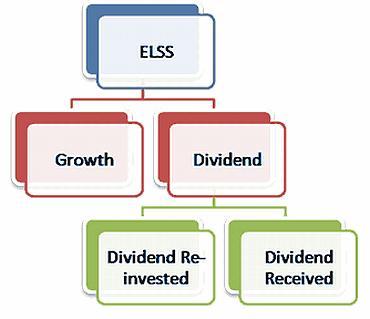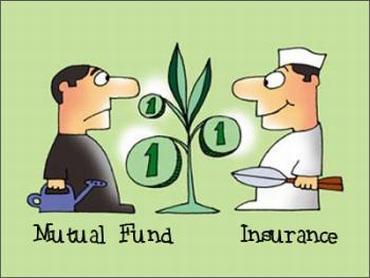
With so many tax saving investment options available to you, what makes mutual fund ELSS schemes stand out the crowd?
A mutual fund ELSS is similar to diversified equity funds. That means the fund manager can invest in shares of various companies across various industries. The difference is ELSS has added tax benefit, something a diversified equity fund does not offer.
ELSS is part of the Section 80C instruments which are cumulatively eligible for a deduction from income up to Rs 1 lakh. This gives the tax payers benefits of 10-30 per cent (excluding the educational cess) based on their current tax slab.
Other tax saving investments like NSC, PPF will give only 8 per cent returns pa whereas a mutual fund ELSS has the potential to deliver more than 12 per cent return pa. Also the lock-in period in mutual fund ELSS is 3 years, while with NSC it is 6 years and with PPF it is 15.
Ulips are another tax saving investment option, but many investors have realised that Ulips carry heavy front-loaded charges. Moreover smart investors want to separate their insurance from their investments. They no longer see insurance as an investment; instead they see insurance as a protection plan. So, most smart investors go only for pure term insurance and reject Ulips.
...
Ramalingam K, an MBA (Finance) and certified financial planner, is founder & director of Holistic Investment Planners (P) Ltd (https://holisticinvestment.in).

This is why mutual fund ELSS stand out in the crowd.
But before deciding to go for mutual fund ELSS, here are some points to ponder over.
First check your overall portfolio. Does it need more equity exposure? If yes then you can go for ELSS; if no then you can go for PPF or NSC.
Second thing is to keep in mind that equity investments are for long term, say 5 years or more. Though the lock-in period in ELSS is 3 years it is better to invest with a time horizon of 5 years or more.
Also investors need to keep in mind that systematic investment plan is the best form of investing in mutual funds and ELSS is not an exception. So doing an SIP in ELSS is a good strategy to be followed.
The poor performing ELSS has given around 10 per cent annualised return in the last 5 years whereas the best performing ELSS has delivered around 25 per cent annualised return in the last 5 years.
So investors need to be careful in choosing the right ELSS scheme. Past performance, risk adjusted return, consistency are a few parameters to be evaluated in selecting a best performing ELSS scheme. Investors also can approach financial advisors for selecting the right scheme.
Click NEXT to find what type of investor you are

There are two groups of ELSS investors.
Majority of investors belong to the first group. They will wake up late to these tax saving investments.
For salaried individuals, it is typical that they will be informed by their accounts department somewhere around end of January to provide proof of tax saving investment immediately or else extra tax will be deducted from their February salary.
At the nick of the moment, the choice ends up being guided by convenience alone. They tend to think about tax first and investments later. As long as something saves tax, its real benefits and features as an investment are paid less attention to. That means the investments will be chosen more for convenience than for suitability.
There is another group of investors.
Though small, it's a very smart group. They will not rush for tax saving schemes at the last minute. They will plan in advance.
That means they will have more time to choose the right product. They will save tax as well as choose a good investment option.
They will also check whether a particular tax saving scheme will suit their overall portfolio or not or fit into their comprehensive financial plan. That means they will consciously choose an investment which saves tax as well as helps them in achieving their financial goals like children's higher education, buying a house, retirement plans.
Which group are you in?